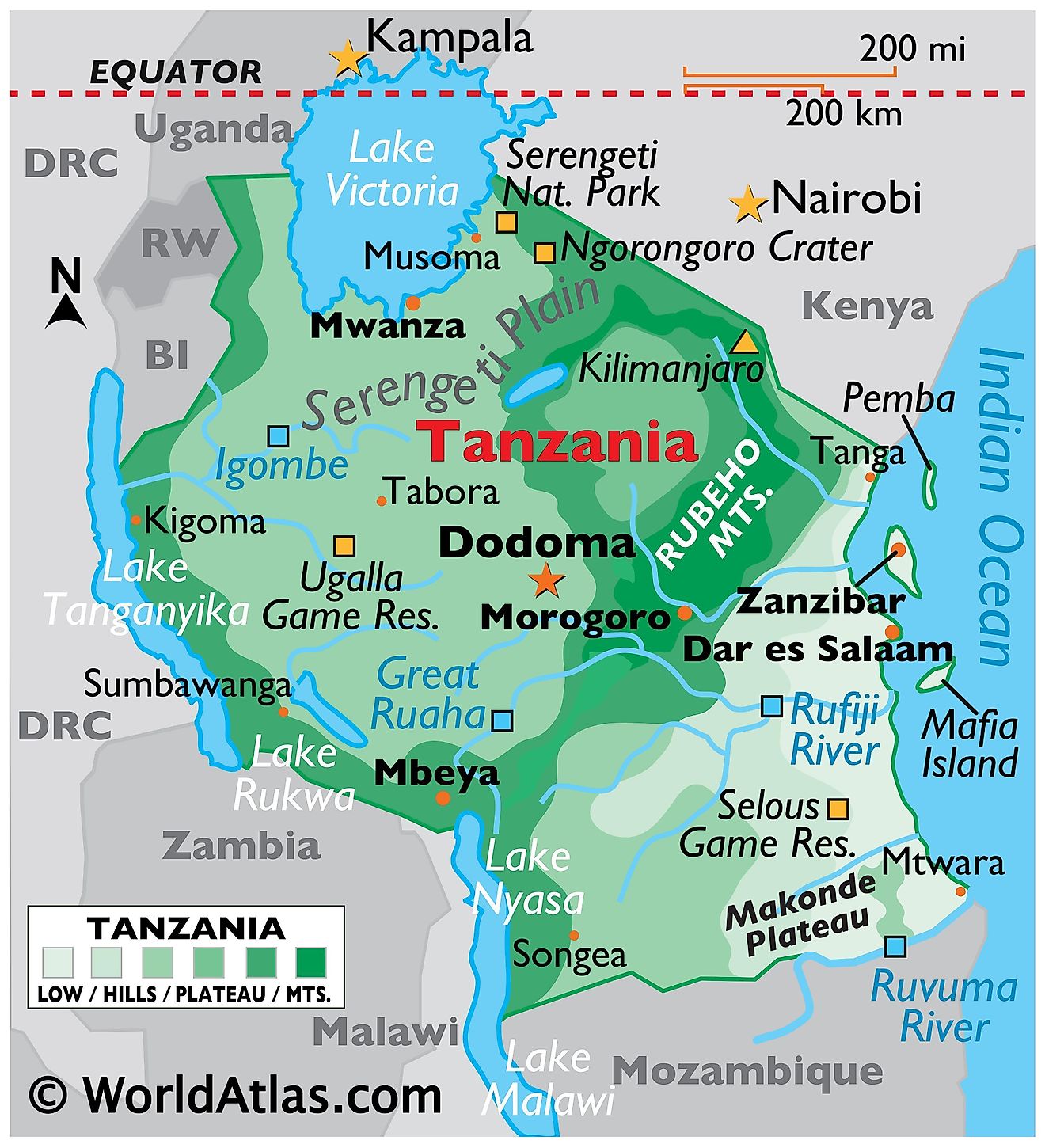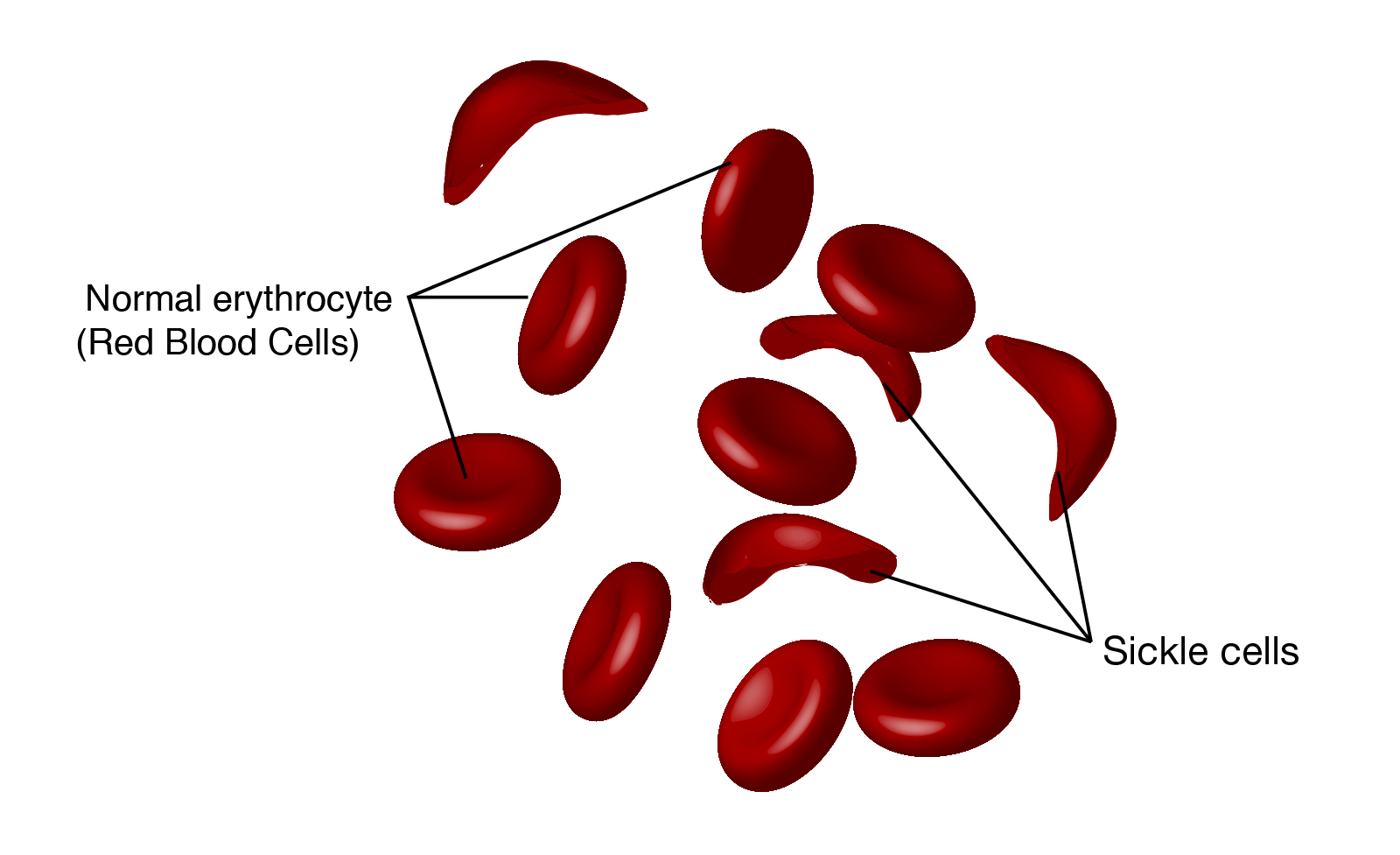Basics
Dr. Julie Makani was born in Dar es Salaam, Tanzania in 1970.

Her upper education began at the University of Dar es Salaam where she completed both her undergraduate and postgraduate work. To earn her Ph.D. with a specialization in sickle cell disease Julie Makani ventured outside of her home country to The Open University in England. During her time at the Open University in England Julie Makani also became a research fellow at Oxford (Tropical Medicine). After finally earning her Ph.D. Dr. Makani received an Archbishop Tutu Leadership Fellowship from the African Leadership Institute (OneSCDvoice). Now, Dr. Makani is an Associate Professor in the Department of Hematology and Blood Transfusion at the Muhimbili University of Health and Allied Sciences (MUHAS) in Tanzania. While working at the university Dr. Makani is also able to focus on her sickle cell research.
Sickle Cell Disease
As previously stated, Dr. Makani’s research specializes in sickle cell disease. Sickle cell disease is an inherited disorder that leads to red blood cells being irregularly shaped (Mayo Foundation for Medical Education and Research).

Because of the shape of these sickled red blood cells, they tend to hinder blood and oxygen flow to the rest of the body. Another characteristic of sickle cells is that they tend to break apart easily and die early. To put this into perspective, typical red blood cells live for 120 days before needing to be replaced while sickle cells die within 10 to 20 days leaving a shortage of red blood cells. Symptomatically, sickle cell disease can result in vision problems, delayed growth, and swelling of hands and feet. With all this in mind, Dr. Makani’s research is significant because of the impact the disease has had on Africa (Mayo Foundation for Medical Education and Research).
Accomplishments
Some notable accomplishments Dr. Makani has made include co-founding the Sickle Cell Foundation of Tanzania, being picked for BBC’s top 100 women in 2019, and earning the 2011 Royal Society Pfizer Award which recognizes research scientists in African who are making innovative contributions to the sciences (African Leadership Institute).
Current Research
One of Dr. Makani’s most recent articles focuses in on the systematic issues of healthcare availability for sickle cell disease in sub-Saharan Africa. A common misconception is that establishing specialized hematological services within sub-Saharan Africa would negatively impact primary health care (Makani & Moshi, 2021). As a result, primary health care is forced to take on the responsiblity of caring for an increasing frequency of hematological conditions. As it is widely known, sickle cell disease is a widely prevalent condition within Africa with high mortality rates in children (Grosse, 2011). One of the more impacted countries within Africa is not suprisingly the home country of Dr. Makani – Tanzania (Ochocinski, et al; 2020). On a grander scale, Dr. Makani seeks to deal with issues of education, research, and healthcare equity as it relates to the sickle cell disease. Her three core solutions to advance hematology services further are government and international partner engagement, capacity building, and an integrated government-supported healthcare system (Makani & Moshi, 2021).
While there is not a substantial amount to go off of here, there still lies more in store for Dr. Makani who continues to make a name for herself. Dr. Makani serves as an example of the hopeful future for females within the sciences.
Featured photo – oneSCDvoice
Works Cited
“Dr Julie Makani.” African Leadership Institute.
“Dr. Julie Makani .” Tropical Medicine – Nuffield Department of Medicine, 2014.
Grosse, Scott D et al. “Sickle cell disease in Africa: a neglected cause of early childhood mortality.” American journal of preventive medicine vol. 41,6 Suppl 4 (2011): S398-405.
“Julie Makani, FRCP, Phd.” OneSCDvoice.
Makani, Julie, and Grace Moshi. “Haematology in Sub-Saharan Africa: Advances and Opportunities in Health Care, Education, and Research.” The LANCET Haematology, 2 Sept. 2021.
Ochocinski, Dominik, et al. “Life-Threatening Infectious Complications in Sickle Cell Disease: A Concise Narrative Review.” Frontiers in Pediatrics, vol. 8, 20 Feb. 2020.
“Sickle Cell Anemia.” Mayo Clinic, Mayo Foundation for Medical Education and Research, 17 July 2021.
“Tanzanian Scientist Wins Royal Society Pfizer Award for Sickle Cell Disease Research.” Royal Society, 15 Sept. 2011.